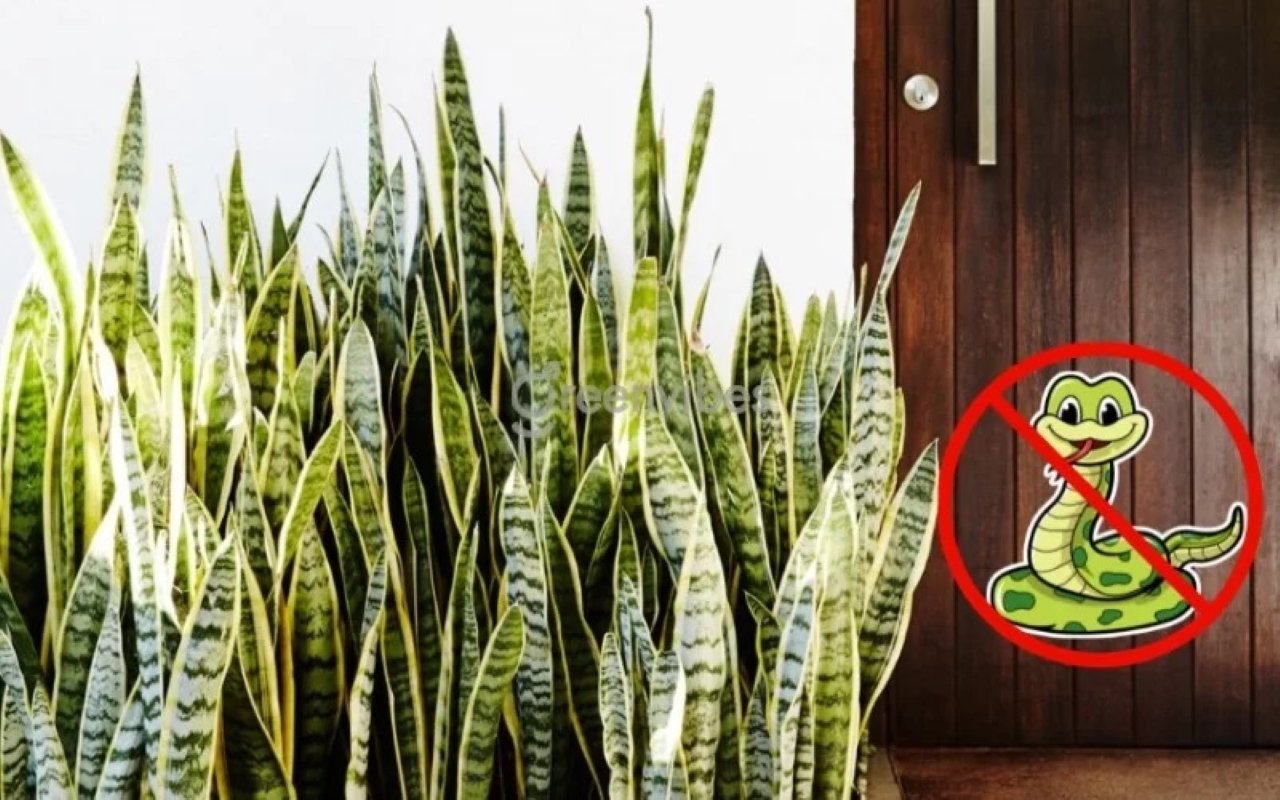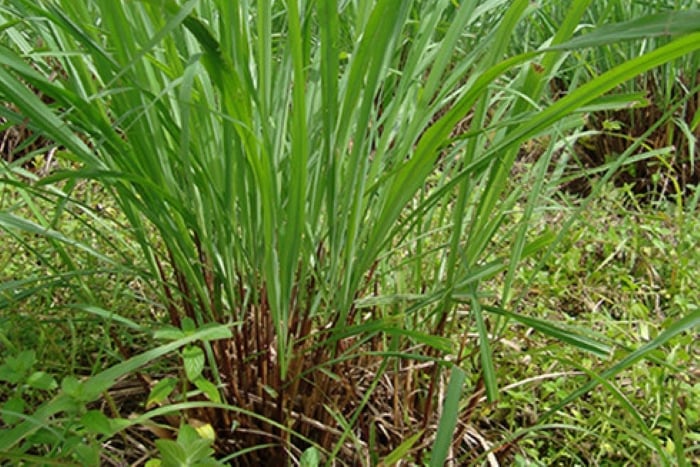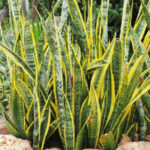Why Are Snakes Afraid of the Snake Plant?
Why do snakes fear the snake plant?
Snakes have a unique psychological makeup and mode of operation that sets them apart from humans and other animals. Some snakes can be quite sensitive to their environment and surroundings.
The snake plant, also known as mother-in-law’s tongue, is a popular houseplant due to its low maintenance, robust vitality, and aesthetic appeal. It is often used to decorate homes, offices, and workspaces.

Snakes Dislike the Aroma of the Snake Plant
The snake plant has a unique characteristic—it exudes resin, which most snakes find off-putting. This plant emits a distinct odor, especially when its leaves are crushed or bruised. The scent can be described as rather unpleasant to certain species of snakes. Snakes are highly sensitive to odors, using their sense of smell to hunt for prey and navigate their surroundings.
The repellent odor from the snake plant may make snakes uncomfortable or cause them to steer clear of it altogether.
Additionally, the leaves of the snake plant are typically thick and sturdy, with a vibrant green surface and glossy strands. This structure can create an unusual light reflection that may disorient or make snakes feel unsafe when approaching the plant.
Are there other plants that snakes fear besides the snake plant?
Snakes are known to fear and avoid plants with strong scents and essential oils. This is the primary reason why snakes are av of the snake plant.
The potent aromas from these plants can make snakes feel uneasy and irritated, which is closely linked to their reliance on scent and sensory perception for hunting, danger detection, and environmental interaction.
1. Lemongrass
Lemongrass, or Cymbopogon citratus, is known for its distinctive aroma and is commonly used in cuisine and herbal medicine. Snakes, due to their sensitive nature to odors, tend to stay away from areas where lemongrass is planted.

Snakes Are Repelled by the Unique Scent of Lemongrass
2. Chinese Yam
Chinese yam, or Dioscorea opposita, is another plant that strikes fear into the hearts of snakes. It is known for producing a resin that snakes find repulsive and tend to avoid.
Aside from its snake-repelling properties, Chinese yam also has various culinary and medicinal applications in traditional medicine. It is commonly used in traditional dishes and beverages and is considered nutritious and healthy.
3. Garlic Vine
Garlic vine, or Mansoa alliacea, gets its name from the strong garlic-like odor its leaves emit, which can be even more potent than regular garlic. Snakes typically avoid this plant due to its pungent aroma.
It is a climbing plant often grown along fences or over arbors, helping to keep snakes at bay and preventing them from entering your home.
4. Chinese Chives
Chinese chives, scientifically known as Allium tuberosum, belong to the onion family and are commonly referred to as “garlic chives” or “onion chives.” The bulbs and leaves of this plant contain essential oils that impart a stronger and more pungent aroma than onions or garlic.
The powerful scent of Chinese chives can deter snakes from approaching, keeping them at a safe distance.
Why You Need a Bottle of Essential Oil in Your Bathroom: The Surprising Benefits Everyone Should Know
Introducing the versatile and powerful remedy of essential oils. These oils are not just a cure-all for aches, pains, headaches, and congestion, but a true panacea with a multitude of uses. From soothing away everyday ailments to providing an all-natural boost, these oils are a must-have for any household. With just a few drops, you can unlock a world of benefits and discover a new way to care for yourself and your family.
Is Money Plant Suitable for Your Chinese Element? Discover the Lucky Charm That Brings Peace and Wealth to Your Home.
The Snake Plant, also known as the Mother-in-Law’s Tongue, is a popular houseplant with a unique and exotic appeal. With its striking appearance and easy-care nature, it has become a favorite among plant enthusiasts and homeowners alike. This resilient plant is believed to bring peace and prosperity to the household, attracting good fortune and wealth. Its presence is thought to invite the blessings of the God of Wealth, ensuring a harmonious and abundant home.
The Magic of Essential Oils: A Nifty Tip for Both Men and Women to Keep Handy.
With just a few drops of everyday essential oil and 2-3 fresh lemongrass stalks, you can unlock a multitude of benefits. This dynamic duo is a powerhouse of natural goodness, offering a simple and cost-effective way to enhance your well-being. Discover the secrets to a healthier and more vibrant you with this timeless, aromatic combination.




































